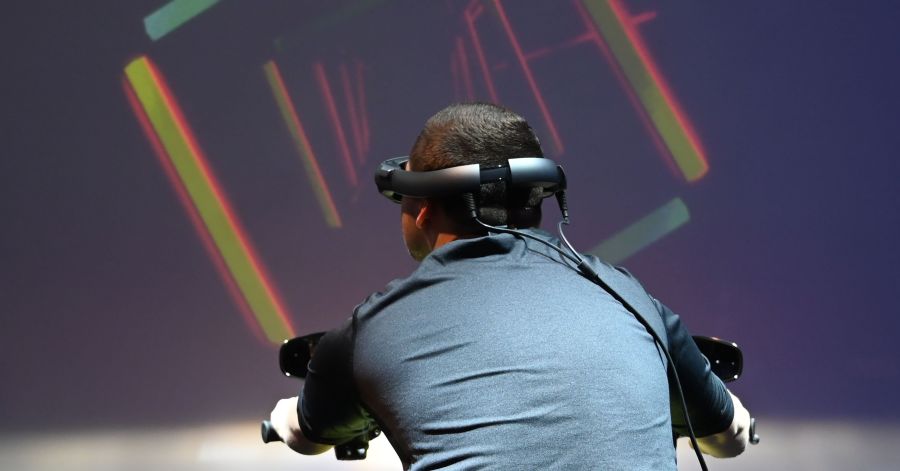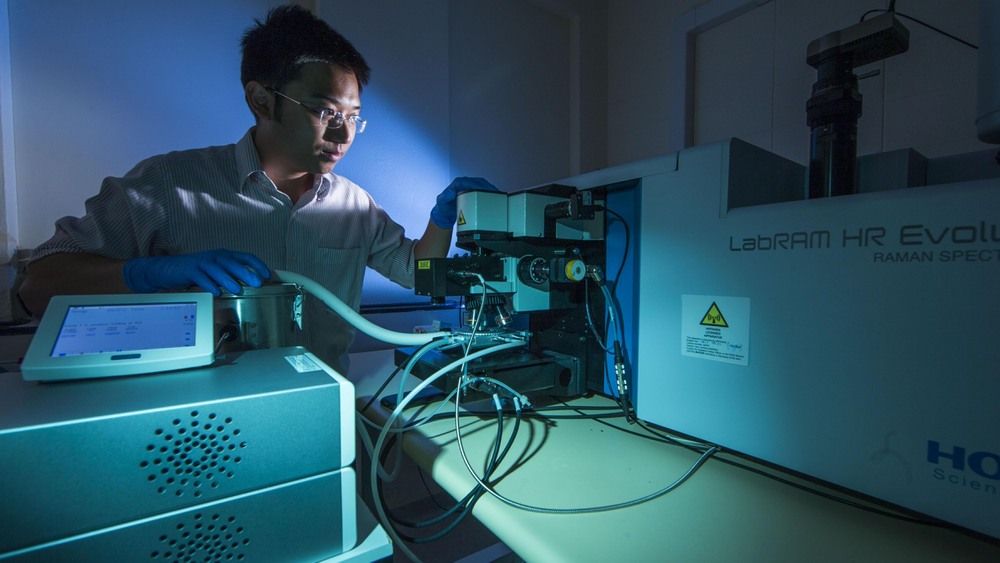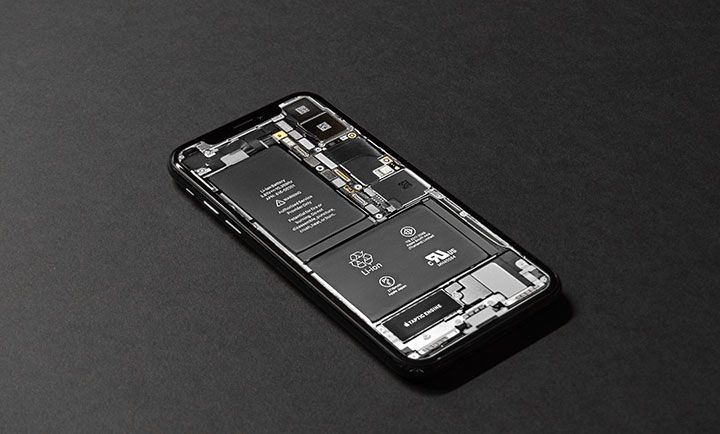The piezoelectric materials that inhabit everything from our cell phones to musical greeting cards may be getting an upgrade thanks to work discussed in the journal Nature Materials released online Jan 21.
Category: mobile phones – Page 204

After the Smartphone: The Race for the Next Big Thing
As the smartphone market matures, startups are racing to predict what’s next, and venture-capital firms are spraying money into fields like virtual reality, smart watches and even implants in the brain. Here are some of the startups attracting investment.
Venture-capital investors are spraying money into fields like virtual reality, driverless cars and even implants in the brain.

Astronomers aren’t pleased about a Russian plan to put billboards in space
This is a horrible, horrible idea. The company wants to create a series of satellites that can unfurl, which will reflect light, and that can be manipulated to send messages to earth. The entire collection, comprised of CubeSats, will provide an area of about 50 sq. km. and create a whole new kind of orbital debris.
According to the website, “When phones don’t work, during zero visibility, power cuts and catastrophical emergencies – government can use the display for urgent notifications for the population.” We can ignore the idea of them being seen during zero visibility, but can you imagine a message floating in the sky that you can’t just turn off?
It was bound to happen.
While the rest of us look up at the night sky, and wonder at what we’re seeing, ponder how it all fits together, and strain ourselves trying to understand how our origins are intertwined with all that we see, others don’t. They look up at the magnitude of the night sky and think none of these things.
Instead they think, “Hmmm…that’s a big, empty billboard. How can I make money from it?”



CES 2019: Scientists have developed a blood pressure monitoring app to replace the 100-year-old cuff
Startup Biospectal could help 1.6 billion people suffering from hypertension by using a smartphone and an app to check for high blood pressure.
- by
- Shelby Brown

Binghamton University researchers design a more durable MEMS switch
Researchers from Binghamton University’s Mechanical Engineering Department have developed a way to make cell phones and power lines more durable.
Assistant Professor Sherry Towfighian and graduate student Mark Pallay created a new type of microelectromechanical system – more commonly known as a MEMS switch – that uses electrostatic levitation to provide a more robust system.
“All cell phones use MEMS switches for wireless communication, but traditionally there are just two electrodes,” said Towfighian. “Those switches open and close numerous times during just one hour, but their current lifespan is limited by the two-electrode system.”

The iPhone 20(XX)
A roadmap for how smart devices can fully integrate with our bodies by 2029 and how Apple can stay relevant over the next decade
Happy 2019 everyone. It’s that time of year again when tech media goes all out to publish their top 10 predictions for the year ahead. To complement this, I thought it might be interesting to try and illustrate how society might transform over the next 10 years, using the future iPhone lineup as an anchor to avoid too much deviation from reality.
We’re used to seeing better smartphones every year, packed with the latest and greatest hardware and features. So what would they look like in 2029? It’s amazing to recall when smartphones didn’t exist prior to 2007 — I have some minor flashbacks of my plastic brick with those tiny buttons like the 10 commandments miniaturised and inscribed with the alphabet. The iPhone has come a long way, but Apple won’t be immune to the fate shared by Nokia and Blackberry.


This Facial Recognition App Remembers Names so You Don’t Have To
SocialRecall says it deletes obsolete user data on the event version of the app, and that data for the other version is only stored on a user’s phone.
But privacy experts are still concerned that the app represents a mainstream rollout of technology that could have profound implications for the future of public spaces — and that it’s difficult to adequately inform users about the long-term risks of a technology that’s still so new.
“The cost to everyone whom you are surveilling with this app is very, very high,” New York University law professor Jason Schultz told Scientific American, “and I don’t think it respects the consent politics involved with capturing people’s images.”